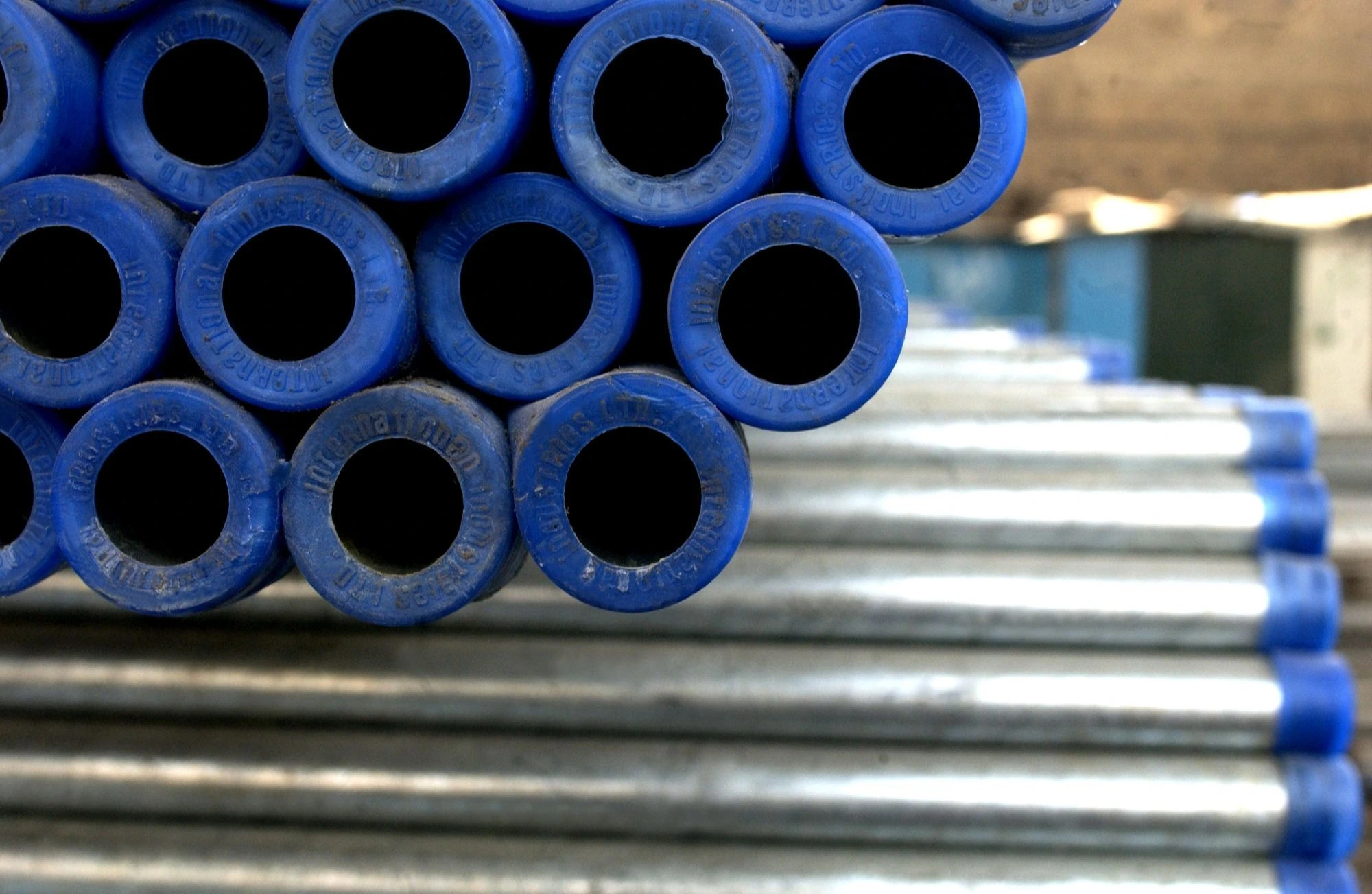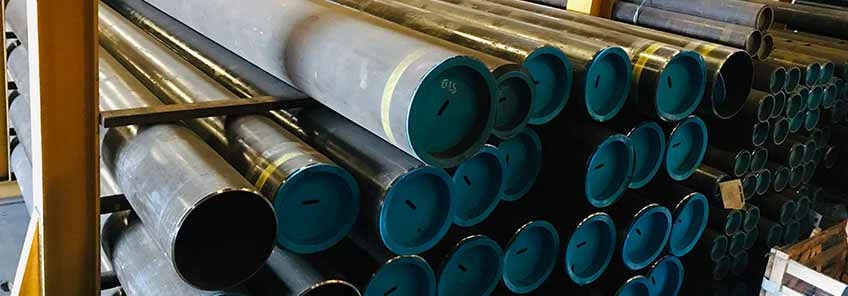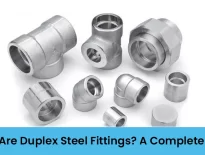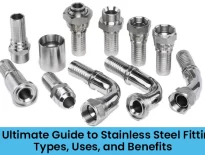IBR or Independent Boiler Regulation is an independent body that provides manufacturing guidelines for boilers and also regulates them. The IBR Pipe follows all the construction codes which specify the material, design, and fabrication requirements.
The IBR Pipe also follows the inspection and testing requirements, which is essential for manufacturing a high-quality product. Manufacturers must follow the latest IBR code to manufacture the IBR Tube and Pipe, and other allied products. Failing to do so, and if any accident occurs, the IBR regulatory body can take legal action against the manufacturers.
What are IBR Pipes?
IBR pipe stands for Indian Boiler Regulations; they are made up of seamless carbon steel and are mainly used for high-pressure applications in steam pipes, boilers, and heat exchangers. They are available in different sizes ranging from 15mmNB to 150mmNB as per your requirement and business needs.
What Makes IBR Pipes Different?
It is mandatory to maintain and install all safety measures to deliver the best results. Here is when The Indian Boiler Regulations (IBR) play a prominent role in delivering safety in different vessel applications. IBR fittings, as the name suggests, comply with the guidelines set forth by the IBR. The IBR certification guarantees that the fittings meet required safety standards and are supervised by experts.
Types of IBR Pipes

IBR Approved Seamless Pipe
IBR-approved seamless pipes are manufactured without welded joints, making them ideal for high-pressure and high-temperature applications in boilers and steam pipelines. These pipes comply with Indian Boiler Regulations (IBR) and are known for their superior strength, durability, and ability to withstand extreme conditions. Seamless pipes are commonly used in power plants, refineries, and chemical industries where reliable fluid transport is critical.
Alloy Steel IBR ERW Pipe
Electric Resistance Welded (ERW) pipes made from alloy steel are IBR-certified and used in applications requiring high strength, corrosion resistance, and temperature tolerance. These pipes are produced by welding steel plates or strips together, ensuring a uniform wall thickness and smooth internal surface. They are widely used in boiler systems, superheaters, and economizers due to their excellent mechanical properties and cost-effectiveness compared to seamless pipes.
IBR Certified Welded Pipe
IBR-certified welded pipes are manufactured by joining steel plates or coils using different welding techniques such as submerged arc welding (SAW) or gas metal arc welding (GMAW). These pipes undergo rigorous quality testing to ensure compliance with IBR standards, making them suitable for applications in steam and pressure pipelines. Welded pipes offer a more economical alternative to seamless pipes while maintaining adequate strength and reliability.
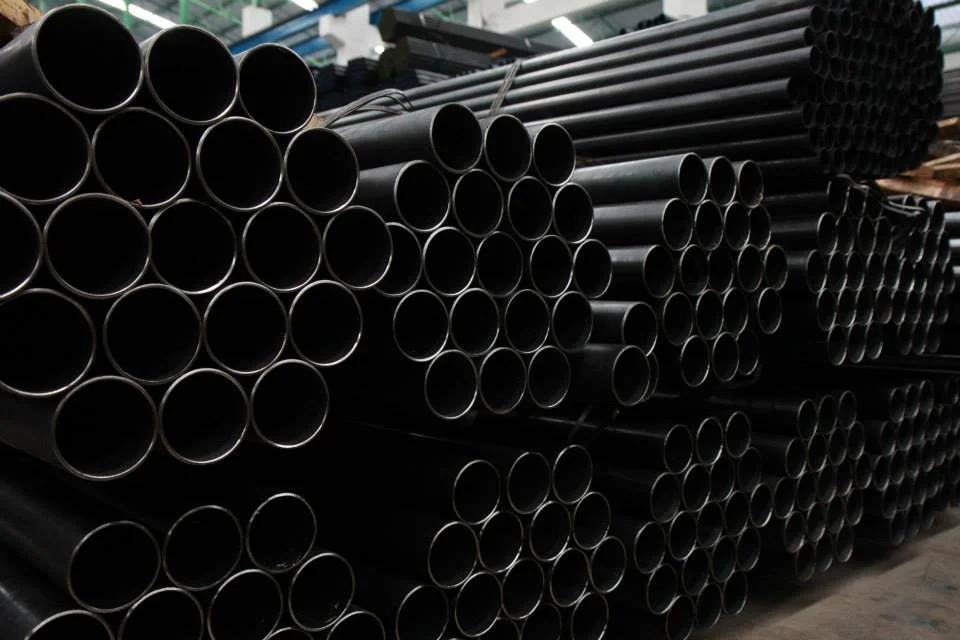
Carbon Steel IBR Boiler Pipe
These pipes are made from carbon steel and designed specifically for use in boiler systems and high-pressure steam lines. Carbon steel offers excellent thermal conductivity, high tensile strength, and durability, making it an ideal material for heat exchangers, superheaters, and condensers. Carbon steel IBR boiler pipes can withstand high temperatures and pressures, ensuring efficient steam generation and distribution in power plants and industrial setups.
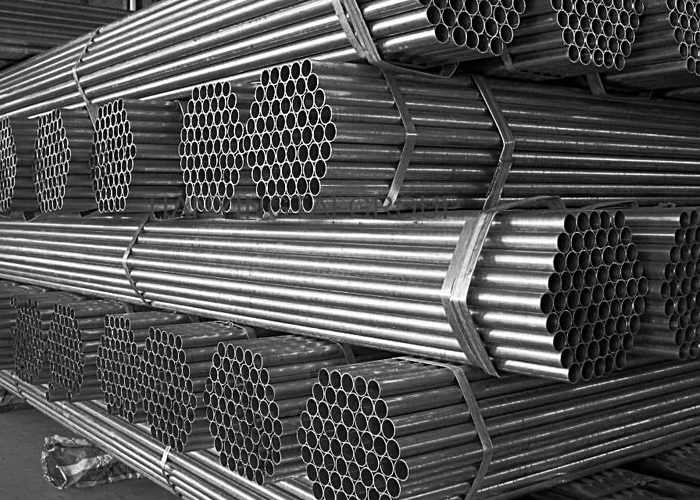
Stainless Steel IBR EFW Pipe
Electron Fusion Welded (EFW) stainless steel pipes are IBR-approved and widely used in environments requiring corrosion resistance, high strength, and superior durability. These pipes are produced by electric fusion welding of stainless steel plates and are commonly used in boiler applications where exposure to extreme temperatures, chemicals, and steam is a concern. Stainless steel IBR EFW pipes are essential in industries such as pharmaceuticals, food processing, and chemical processing due to their excellent resistance to oxidation and rust.
Applications of IBR Pipes
IBR pipes are commonly used in various industrial applications, like power generation, chemical processing, oil and gas exploration and production, and wastewater treatment. IBR pipes transport steam and hot water to power turbines in the power generation industry.
Conclusion
IBR pipes by Solitaire Overseas are modern and the safest solution for high-pressure applications. The pipes are made to meet stringent safety standards and can last long for innumerable years. Understanding the specifications, materials, and operating conditions is key to selecting the right IBR pipe for your project. We hope this comprehensive guide on IBR pipes helped demystify the subject and shed some light on their benefits and applications. So, whether you are a plumber, contractor, or manufacturer, you can now decide when to select IBR pipes.
FAQ :
How to identify IBR pipes?
All line and condensate pipes for systems where the design pressure exceeds 3.5 kg/cm² fall under the IBR purview. These pipes must meet the IBR standards for manufacturing, testing, and inspection. Any line and condensate interconnecting material used in such systems, regardless of size, is classified under IBR requirements. This includes piping that connects various parts of the system that carry high-pressure fluids. For pipes with a nominal bore (NB) of 10 inches or greater, if the design pressure exceeds 1 kg/cm², the pipe is also considered under IBR regulations. This means that pipes of this size used in high-pressure applications must adhere to IBR compliance for safety and performance.
What is the ASME code for an IBR pipe?
The ASME code relevant to IBR (Indian Boiler Regulation) pipes is primarily found in the ASME Boiler and Pressure Vessel Code (BPVC), specifically Section I and Section II, in conjunction with the Indian Boiler Regulations (IBR).
What is the difference between IBR and ASME?
The Average formula adopted by IBR permits more working pressure for a given cylindrical boiler component at given design conditions as compared to ASME Boiler & Pressure Vessel Code (Section I) that has adopted a more conservative Boardman’s formula. However, it permits less working pressure for a given cylindrical boiler component at given design conditions as compared to ASME Power Piping Code B31.1 for ferritic steels in the higher creep range.
What are the advantages of IBR pipes?
IBR follows safety and quality standards to reduce the risk of accidents and guarantees that the business functions lawfully. They are easy to use and maintain and have a longer lifespan as compared to other pipes due to their seamlessness, hence offering a smooth movement of liquids and gases.

